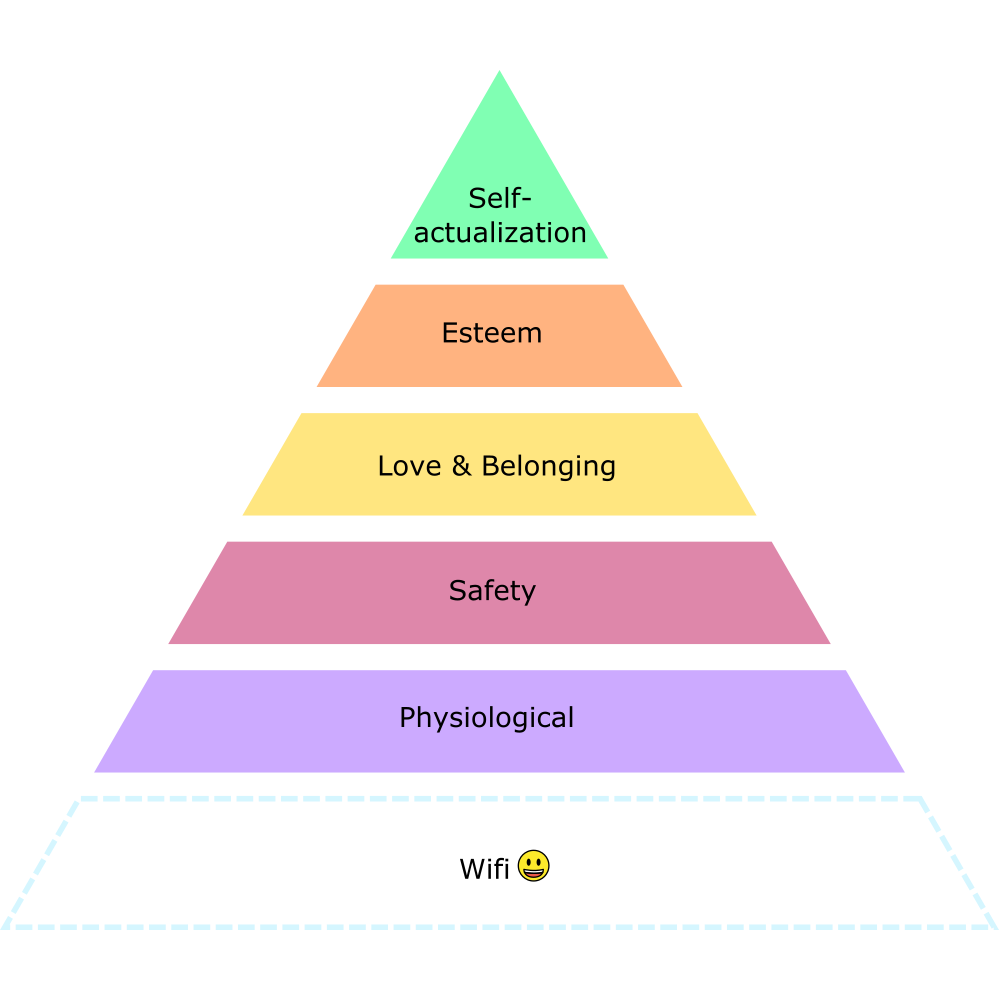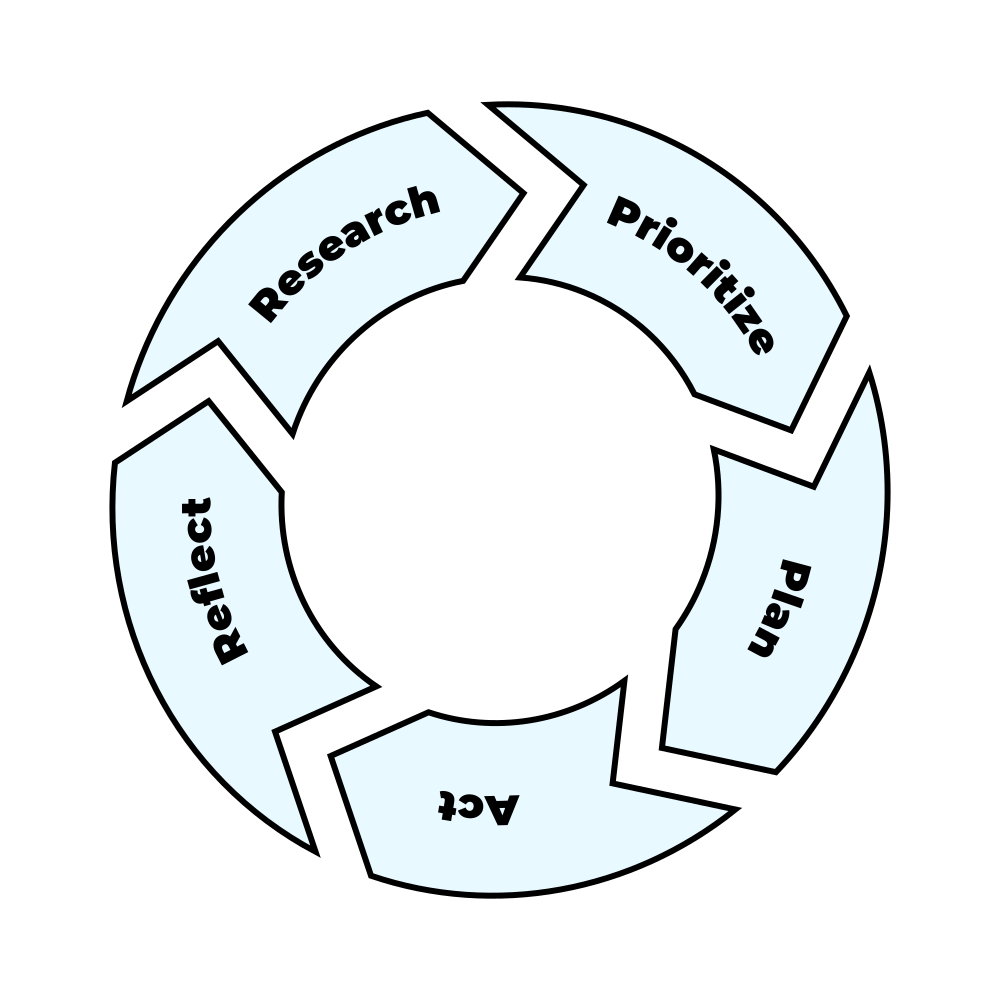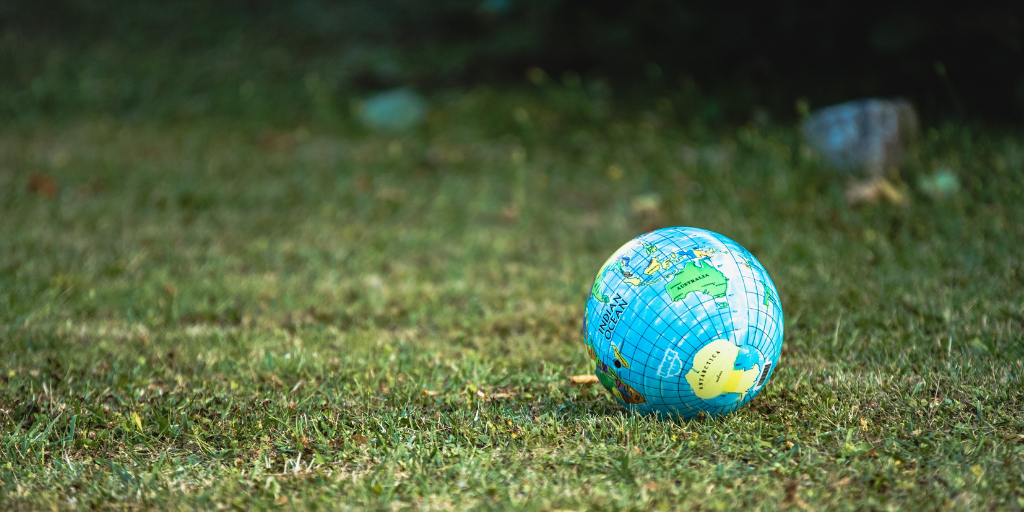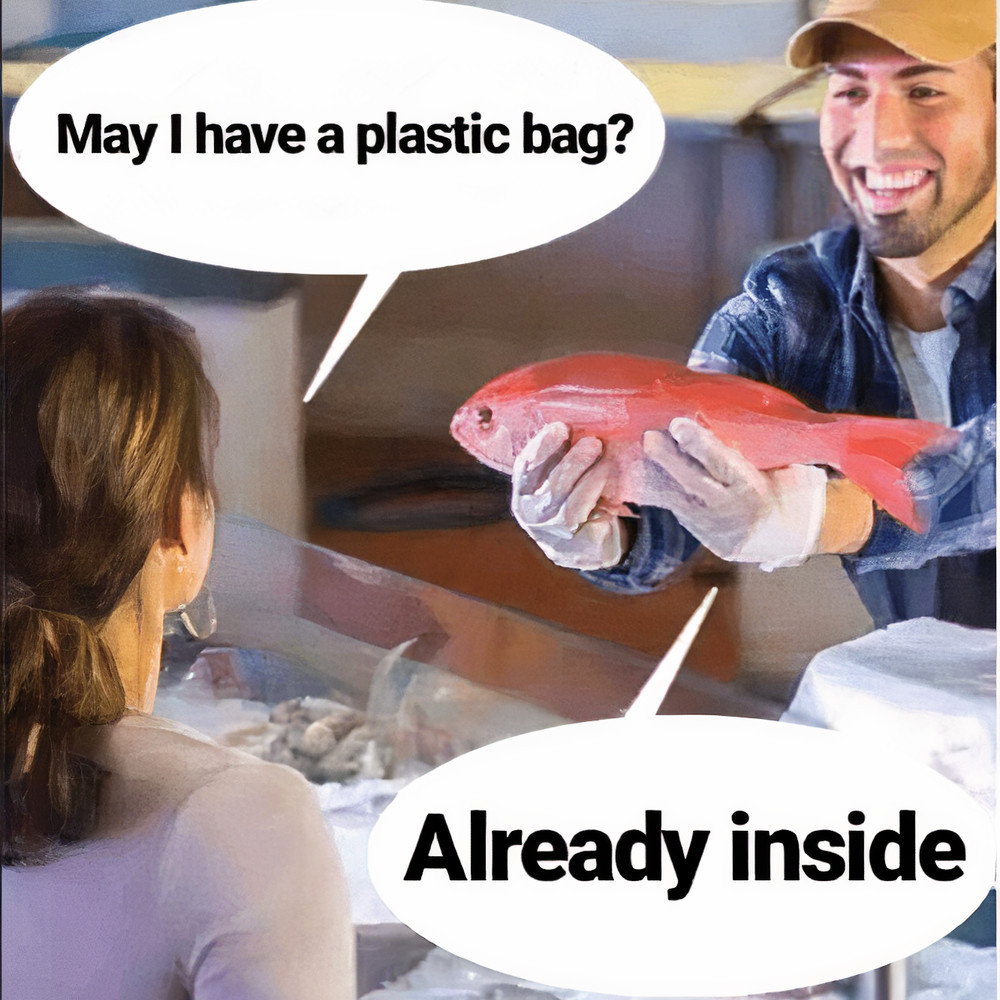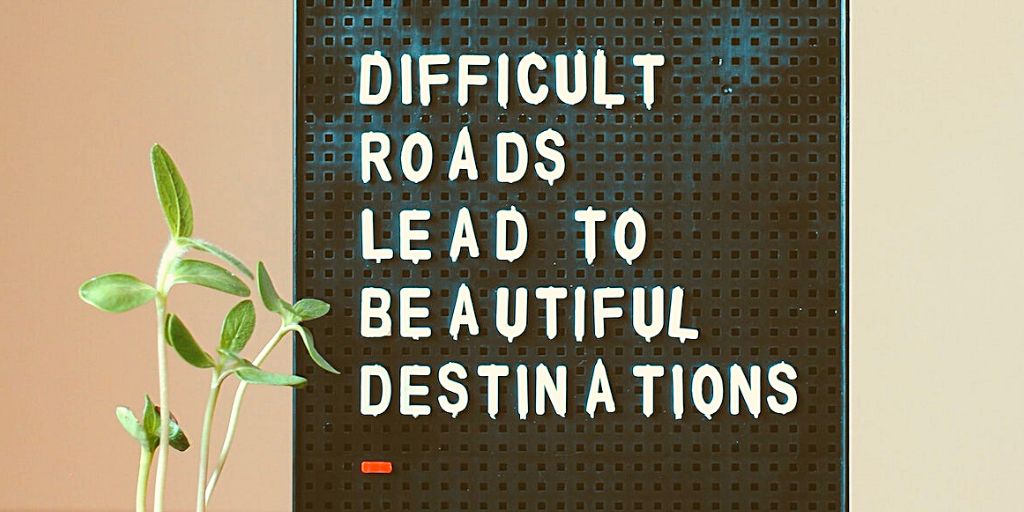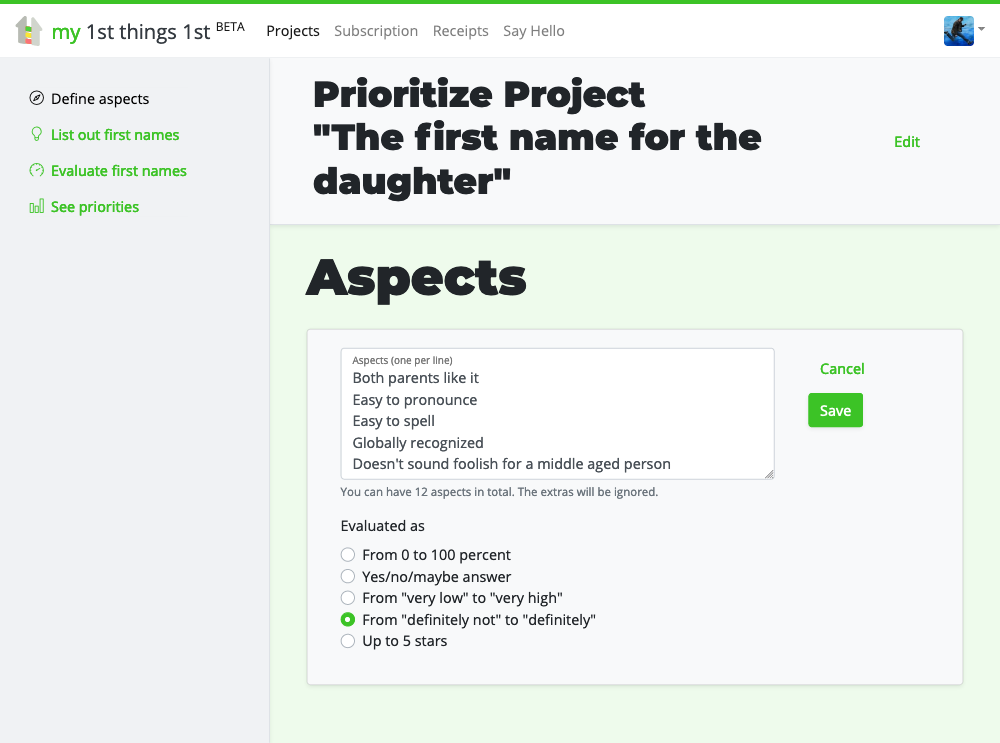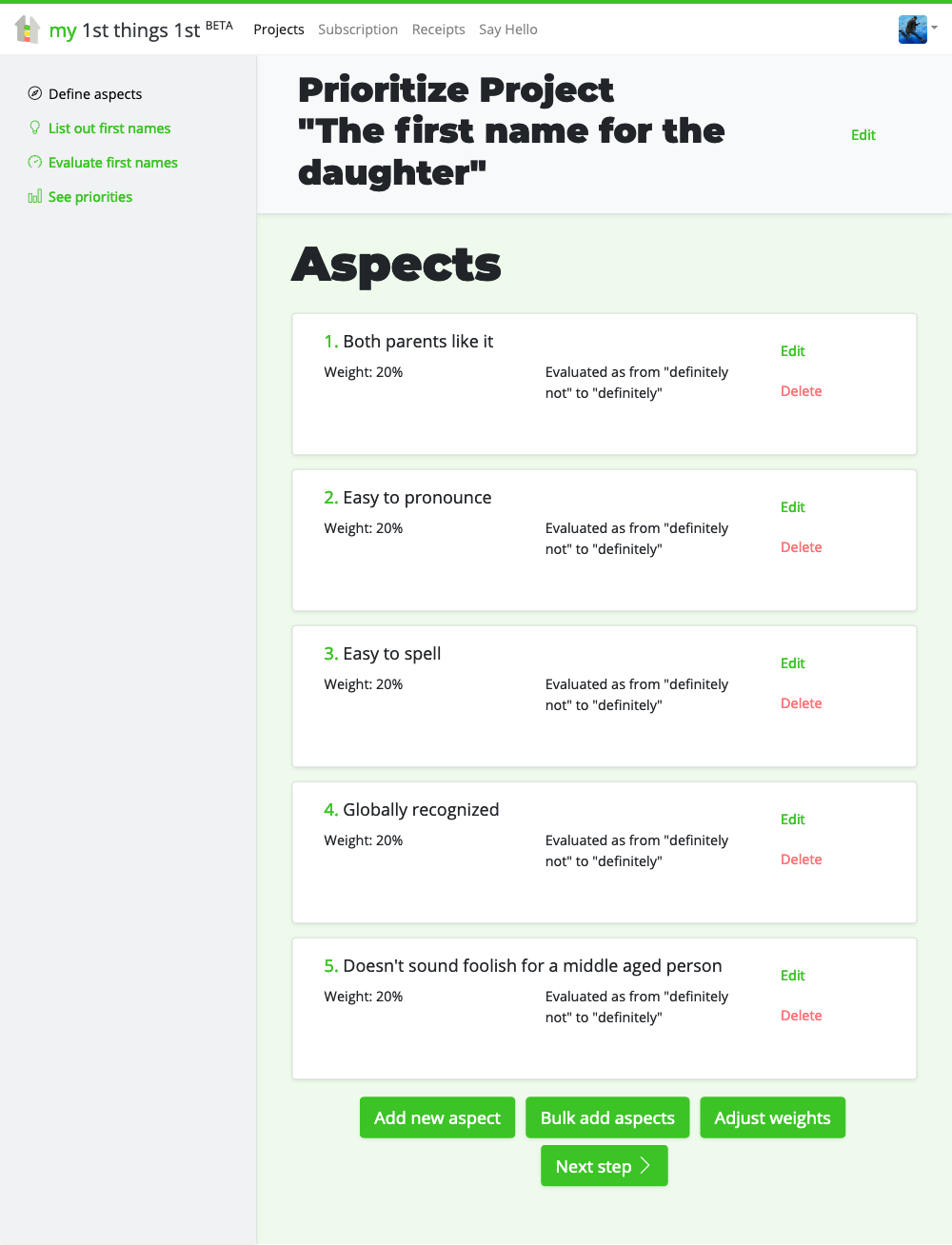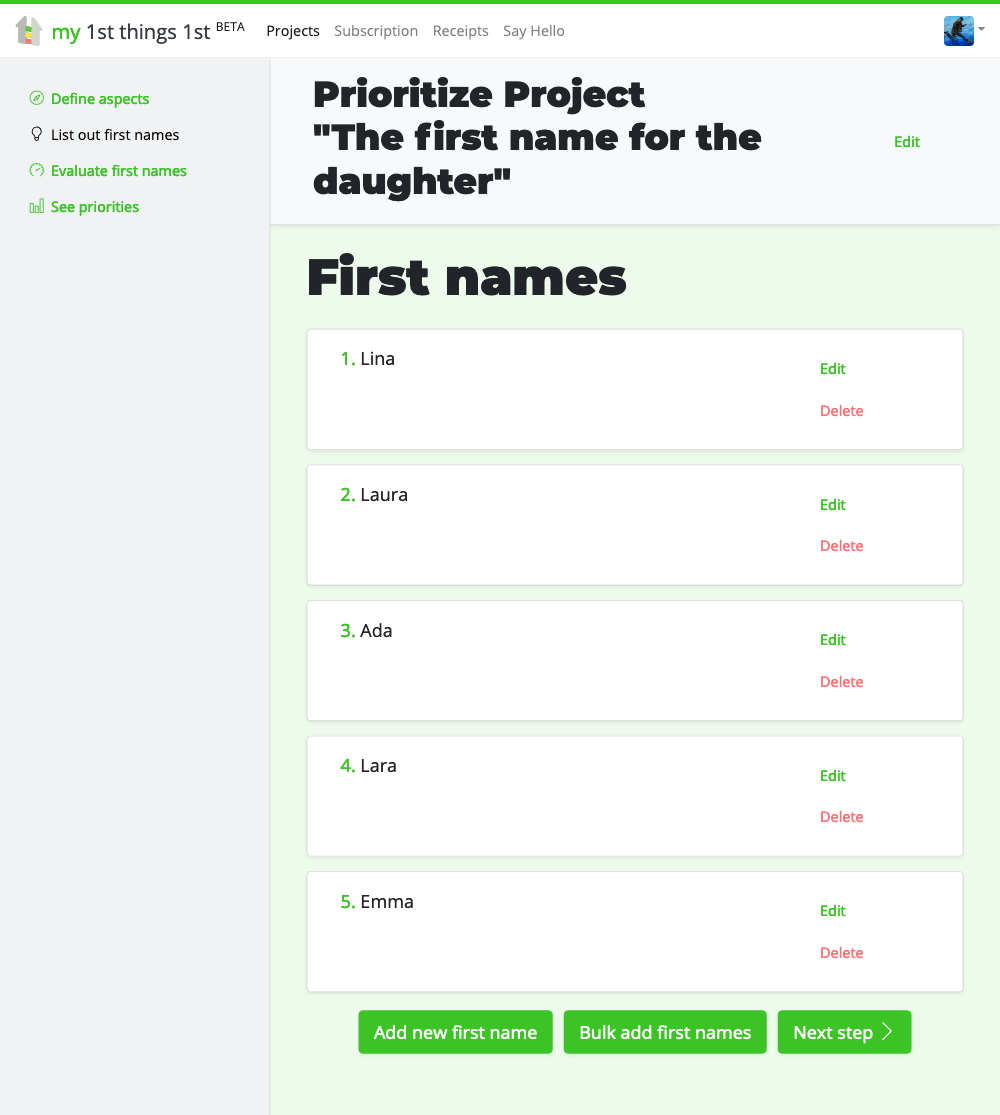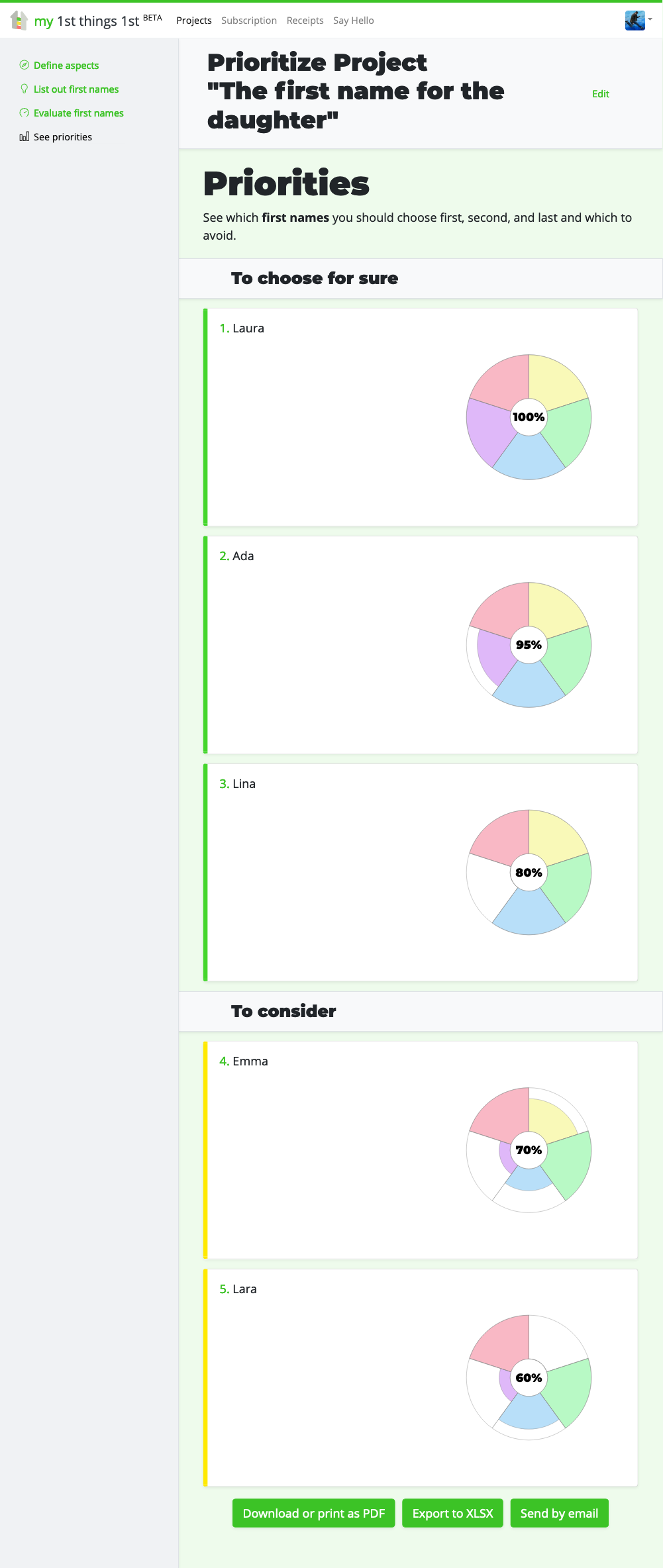Usually, I express myself online or in live communications secularly, without mentioning any references to God and spiritual living. However, the past years have raised and strengthened me spiritually, and I came to a point where I felt a need to talk about that with people with similar deep and high experiences.
If you are someone I know and reading this text, it might be a surprise for you. On the other hand, if you had some hunch about this, it might be an explanation. But most importantly, I want to reach soulmates and twin flames with whom I could openly talk about deep stuff.
Some keywords for the things I will write further would be healing from past traumas, manifestations, astral projections, and channeling, not according to theoretical books or people who teach their secrets for thousands, but as I have experienced and understood them.
We live in a collective dream. We project the multidimensional reality through our minds to 3D and experience it. I don’t believe that everything is possible. There are limitations in the multidimensional reality that were formed over time of existence in the collective consciousness. All the things that science analyzes make reality solid: biology, chemistry, physics, mathematics, and computer science. But certain areas like quantum physics open possibilities to experience more than the 3D to which we might be used.
From a quantum-physics perspective, humans are spiritual multidimensional beings living 3D experiences a day at a time. Every day, we are dealt a hand of cards we need to play with. Have you ever noticed that one day, you or your closest ones look or behave a little bit differently than other days? Or maybe that some days you remember a good or bad habit or have some health issue. That happens from time to time, repeatedly.
Some of us realize that and can shift the 3D experience from one spot to another on demand. It’s not physically changing places but instead changing your configuration to lead you better to what you want to have or be. That’s called manifestation. It’s an intentional change of your 3D experience towards a goal that you want to achieve. The common goals are becoming healthier, fitter, more beautiful, more financially successful, more free, or more abundant in another way.
There is a saying: “We see the world not as it is, but as we are.” Wherever we focus, we manifest more of that in our minds. With the fixed mindset, we are in a loop of repeating actions, behaviors, and circumstances, often followed by guilt, blame, hopelessness, or anger. With the growth mindset, we experiment and shift perceptions and identity until we become what we want to be. And that is often followed by optimism, trust in faith, peace, and love.
No one here on Earth is left behind. Even the most introverted persons are not alone. We are all being helped by souls and spirits. Just not everyone sees that. Especially if you are absorbed into your egoistic self, you might not see the signs around you. The more you think about how you could serve the world better, the more help you receive.
2021, for me, was when I realized that we are not alone. We are always surrounded by other souls. I started learning to communicate with them, remembered some episodes from my childhood related to them, and even cleared some memories from before arriving in this material world.
In 2023, I had lots of spiritual experiences during meditations, and not only that. I was healed from my biggest life traumas. Paradoxically, the beginning of feeling the spiritual experiences in 2021 was one of those traumas because many spirits around me were very negative about me.
Past traumas are psychological blocks from the past that have negative outcomes on our bodies. They can be felt as headaches or other illnesses and pains in our physical body. Healing from them happens by recognizing the real cause of the tension in a particular body part and releasing the tension with forgiveness, peace, and trust, sometimes also with love. By cleansing the tensions, you open for the energy to flow throughout your body, which leads to quicker and easier manifestations.
Over the past two years, I developed an ability not only to feel others empathetically but also to physically feel the pains and pleasures of others and sometimes let them heal their past traumas. Some of the spiritual experiences I had were quite dark and painful for me. Some of them were delightful, peaceful, and full of love.
Several events in 2023 had an energetically strong influence on my life, reaching the souls of very energetically high people and getting some realizations I wouldn’t normally get if I had a fixed mindset and was always moving in the same circle. The strongest ones energetically were an online meeting of the community of the “Think and Grow Rich: The Legacy” movie and the online workshop “The LightWorkers’ Persecution Imprint” by Edward Mannix. The people of the Think and Grow Rich community were all directed toward financial growth and success. The people at the lightworkers’ workshop were empaths, healers, star seeds, and other lightworkers helping other people spiritually, but at the same time, they have had lots of social criticism since burning witches.
I am not planning to work as a healer because I don’t know more than I know in this field, and I have already defined my path for the future. Now, I am manifesting my designed future day by day by taking action toward it. Daydreams can be manifested in 5 or 10 years without action, but they are fulfilled faster if they are led by action.
The last thing that I became aware of is channeling. Most of the creators, performers, public speakers, politicians, and other public figures experience spiritual help from other souls, spirits, or God, being aware of that or not. And I had experienced channeling several times in 2023 with my awareness. Note that channeling still happens through the prism of your own belief system, and it’s probably impossible to express something from you that you are against. By channeling, spirits help you unlock the corners of your subconsciousness, which would help you express yourself in a given situation.
There is much more that I could write on these topics, but I will leave that to private conversations with people who will appear in my life after this writing.
Peace and love!
Aidas






